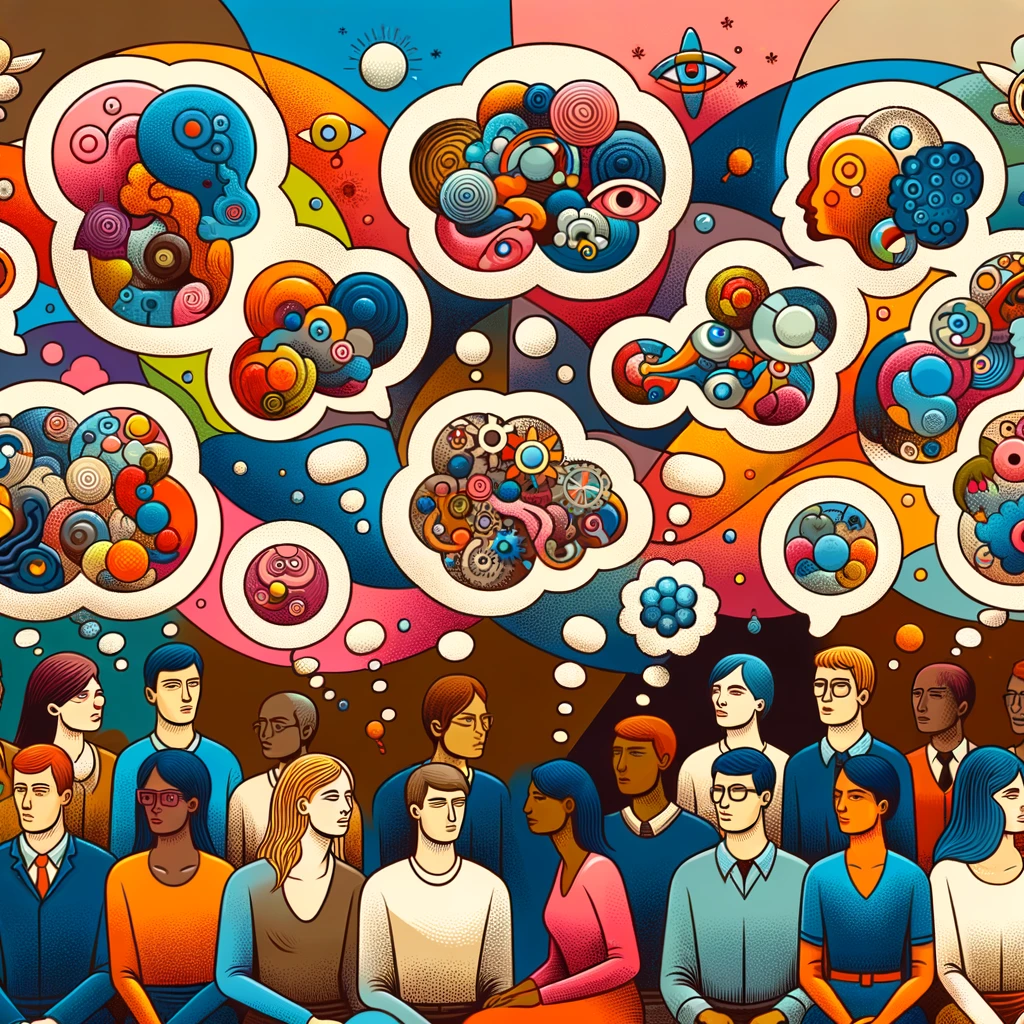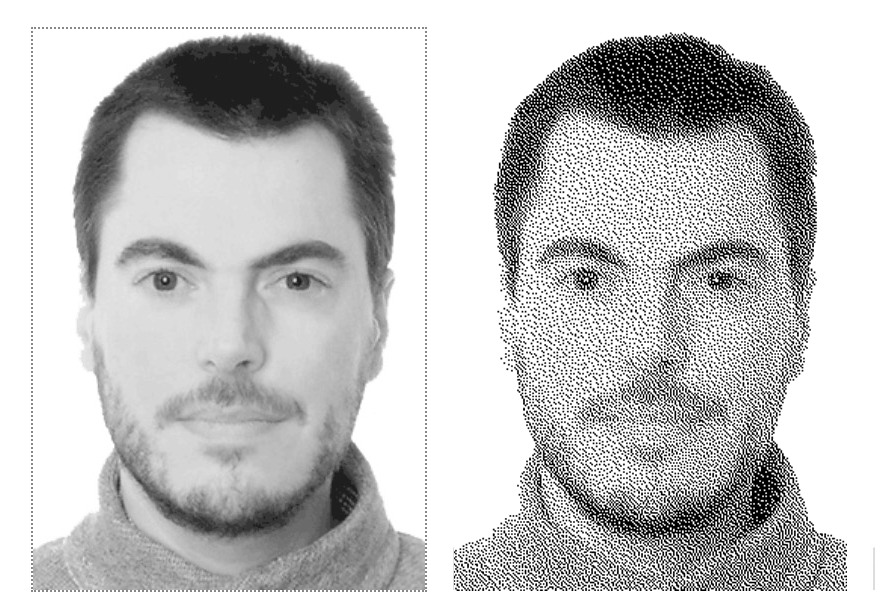For IFM2024, a conference on interactive documentary, I, like everyone else, prepared a video presentation outlining my research. For the panel, participants are asked to summarize their papers.
Instead of summarizing my paper, I would like to take the opportunity to react to the other presentations in this panel from a Korsakowian perspective, which is the focus of my research. By doing so, I aim to provide insights into my research and offer solutions to the problem described in the presentation by Umer Bilal and Manuel Contreras, which I would summarize as follows:
There is substantial criticism of the Western gaze in documentary filmmaking, and rightly so. The issues highlighted by Umer and Manuel indicate that documentaries, both past and present, often portray a distorted image of reality. They rightly argue that some individuals in the West act as gatekeepers, controlling the production and dissemination of images. Umer and Manuel point out that the lack of funding plays a major role in perpetuating this problem.
Sonali Sharma presents a case study of an artist who uses Instagram as a platform to share his perspective on a particular aspect of the world—his observations and comments on the Delhi metro.

I am a 52-year-old human ape, and I have struggled with the issue of distorted perspectives since I developed an interest in documentaries over 25 years ago. In response to this struggle, I developed Korsakow, a system that shares similarities with Instagram, such as the tagging system that Sonali described. In Korsakow, tags are called “keywords” and play a central role. At that time, I had to create my own tool as Instagram or YouTube were not available. These tools now allow for different strategies of ordering and sense-making, moving away from linear storytelling forms.
I generally agree with the points presented and would like to offer a concrete idea to address the problem of under-complex and mono-perspectival views on people and societies in the Global South. To explain this idea, I would like to conduct a playful thought experiment and invent a fictional character named Jan.

Jan is a 26-year-old who lives in Delhi, Karachi, or Bogotá. He understands that the images of the world presented in the media are often wrong, distorted, or incomplete. Jan considers becoming a documentary maker and thinks about attending a film school to learn the craft, write proposals for funders, and build a network within the industry. If Jan asked me for advice, it could trigger the following thoughts:
If Jan follows the traditional path of attending film school and learning to navigate the system, he will likely become the kind of documentary maker the market has learned to value. He will produce media products that align with the perspectives of those willing to pay for them. As Bilal and Contreras note, if Jan does not adhere to the “Western gaze” formula, he will likely lack the resources to continue his work.
So, what can a young person do when they see the problem of distorted reality and want to improve it? What could be a feasible path?
I think that at this particular point in time, there are numerous opportunities. I would like to connect two seemingly unrelated fields. First, as Sonali Sharma exemplifies, the internet and platforms like Instagram or YouTube (which I have studied much more deeply) offer possibilities to reach people without dealing with the old gatekeepers mentioned by Bilal and Contreras.
My solution might sound laughable or ridiculous to some, and if it does, I invite you to take it as a joke. But maybe there is a young future documentary maker who can sense the path and just needs a bit of encouragement from an old ape like me.
My suggestion to Jan: Don’t go to film school, art school, or university. Take the money it would cost and invest it in Bitcoin. Use the time you would spend at film school to learn everything about films using the internet and available tools. Study film history, theory, and practice. I recommend YouTube as a place to find some of the best teachers, no matter where you are. Learn about films and also study the workings and philosophy of Bitcoin, which will teach you about how people come to their perception of reality. Don’t trust old or even new knowledge blindly—Think through everything you recognize as relevant, use your own brain. Don’t trust, verify.
Use online platforms to conduct your own experiments. This hands-on experience will teach you a lot. There are many students like you out there doing the same, and you can learn from them as well and you can learn and experience how to think collaboratively. When you are finished with your curriculum after lets say four years Bitcoin should be ready and provide you with the funding you need.
That is my 10 cents of advice.





